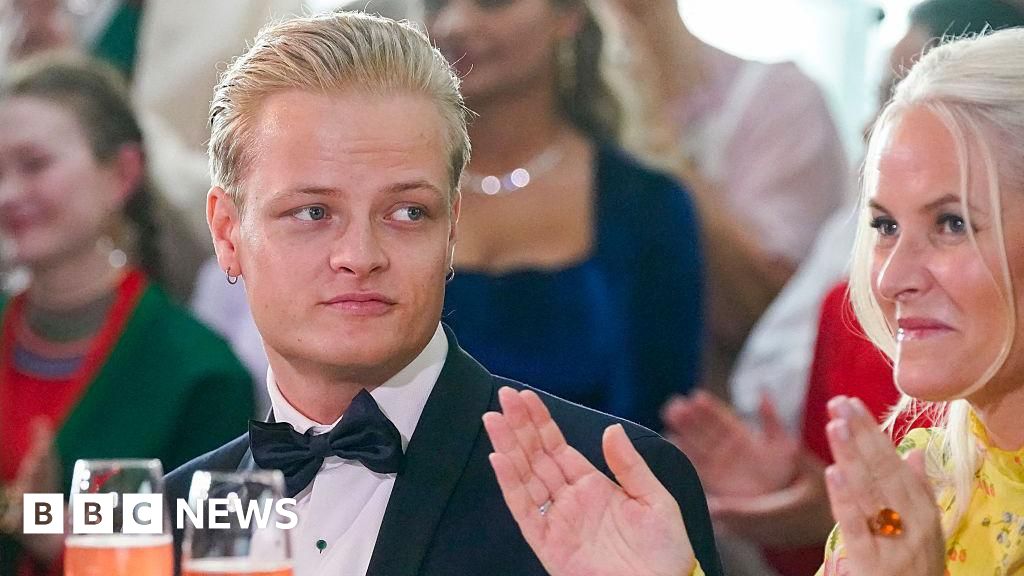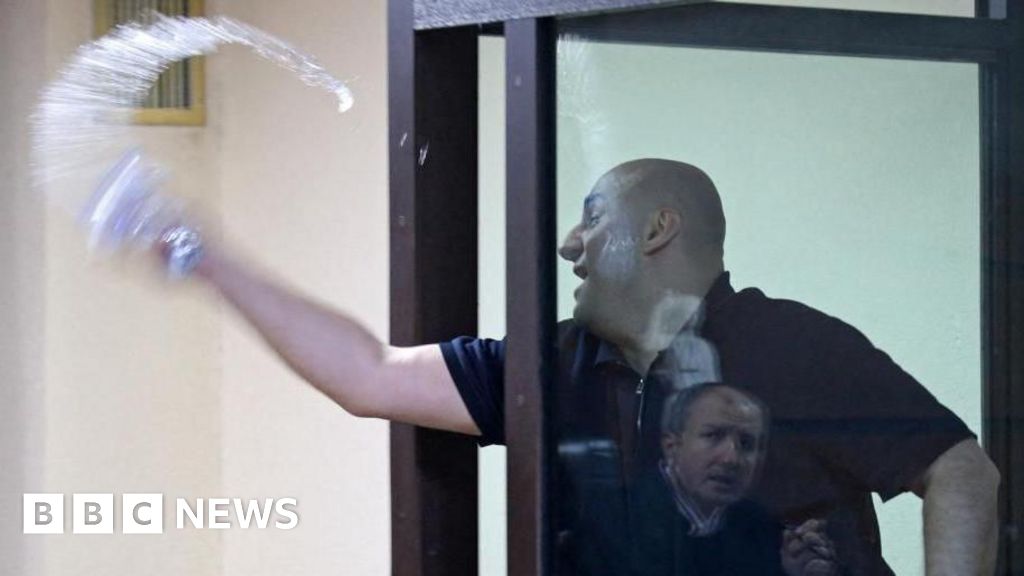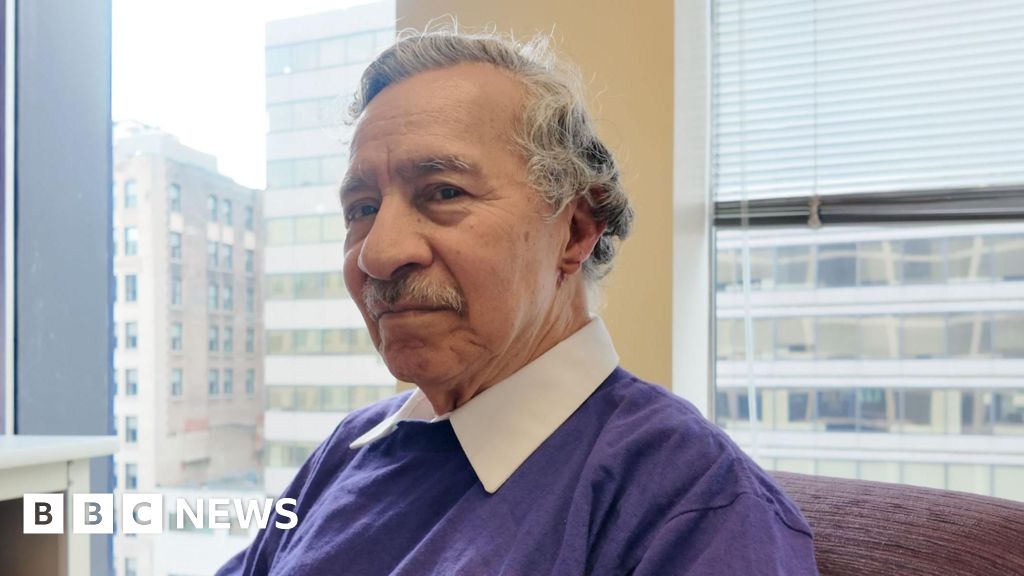Five top Venezuelan opposition figures who had been sheltering for 412 days at the Argentine diplomatic residence in the capital, Caracas, have left the country and are now in the United States, according to Secretary of State Marco Rubio.
“The U.S. welcomes the successful rescue of all hostages held by the Maduro regime,” Mr. Rubio wrote on X on Tuesday. He added that the “Venezuelan heroes” were now in the U.S. “following a precise operation.”
The announcement comes as Venezuela has made attempts to placate the Trump administration, which has threatened to reimpose crippling oil sanctions. A license that allowed Chevron to operate inside the country expires at the end May and an extension by the U.S. government could help the Venezuelan economy.
Under its autocratic president, Nicolás Maduro, the Venezuelan government has gone through periods of intense repression followed by limited concessions to the opposition, often made when the authorities are hoping to gain something by appearing to ease up on the population. The main opposition leader, María Corina Machado, who was barred from running in last year’s election, remains in hiding.
The opposition activists’ departure came just weeks ahead of regional elections, in which Mr. Maduro’s government is attempting to project an air of democratic normalcy.
But roughly 900 political prisoners remain detained inside the country, according to the watchdog group Foro Penal, and Mr. Maduro stands accused of stealing a presidential election that took place last year.
The effort by the Trump administration to get the activists out of Venezuela is likely to frustrate the families of Americans detained inside Venezuela. In the last year the Maduro government has detained multiple foreigners to use them as bargaining chips in negotiations.
In January, the Trump administrated secured the freedom of six Americans who had been imprisoned in the South American country — but at least 10 Americans remain in custody in Venezuela, according to advocates for the men.
The activists who fled Venezuela, Pedro Urruchurtu, Magalli Meda, Humberto Villalobos, Claudia Macero and Omar González, did not respond to requests for comment.
The five of them along with an adviser for a coalition of opposition parties, Fernando Martínez Mottola, sought asylum from Argentina in March 2024 after the Venezuela’s attorney general announced warrants for their arrest.
Mr. Martínez left the residence to turn himself in to Venezuelan authorities in December 2024. He died two months later.
It was from the 41,000-square-foot compound, nestled between the diplomatic residences of Russia and North Korea, that the five activists, top aides Ms. Machado’s party, ran one of the most consequential presidential campaigns in the country’s history.
Despite the constraints on their liberty, the five officials not only managed to help organize a voter-turnout drive that brought millions of to the polls last July but also mobilized thousands of monitors to collect tally sheets that could prove their candidate had won.
Their efforts helped lead the United States to recognize the opposition candidate, Edmundo González, as the winner of the presidential race. Many other countries have also refused to recognize Mr. Maduro’s claim of victory.
Then on election night, they watched as Mr. Maduro declared victory but did not provide any evidence to support his win. Tallies collected by the election monitors showed that in fact Mr. González had won — and in a landslide.
Days after the vote, Mr. Maduro ordered Argentine diplomats to leave the country, and Brazil assumed responsibility for the embassy.
Demonstrators turned out in large numbers after the election, but the brutal government backlash has made most Venezuelans fearful of speaking out. Mr. González, the opposition candidate, fled to Spain in September.
Ms. Machado, who has been in hiding since the election, celebrated the freedom of her top aides in a post on X.
“My infinite recognition and gratitude to all those who made it possible,” she said.
In interviews last year, the opposition leaders described living in a state of constant anxiety.
Since the July election Venezuelan authorities have periodically appeared outside the diplomatic residence in bullet-resistant vests and face masks, sometimes cutting off access to electricity, water and food but then restoring it.
Mr. González, 75, one of the five activists, described the fear during one of those incidents in August.
“I was not going to get caught. I was going to make it possible for me not to fall into their hands. I was going to try to flee as far as I could,” he said at the time. “I’m ready to leave at any time.”
Source link



















